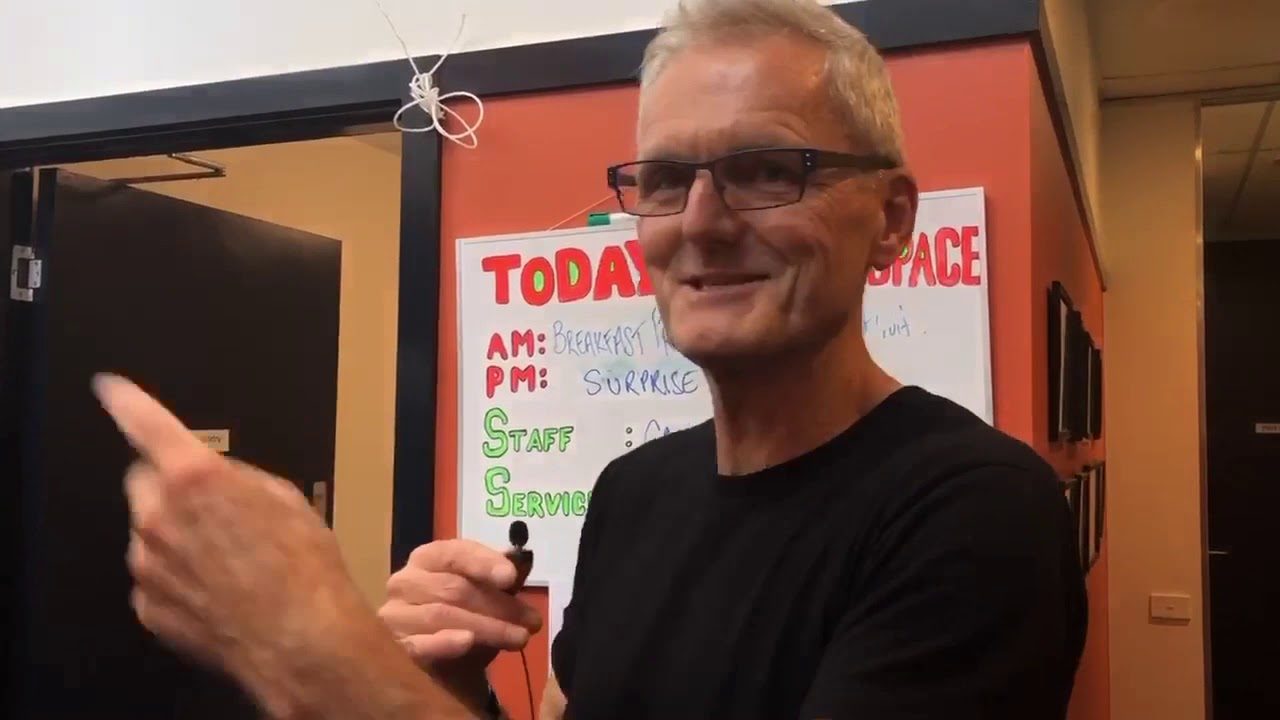Victoria’s Ongoing Heavy-Handed Cannabis Policing Is Harmful

The Victorian state government has created a “ring of steel” enforced and protected by police. Protection from COVID-19, you’re thinking? Well, yes, but there is another ring of steel operating in this state, which is preventing drug policy reform.
Already under pressure financially and not wanting to be seen as “soft on crime” leading up to the next state election, the Andrews government has constructed a ring of steel that’s enforced by police through a mutually beneficial symbiotic relationship that protects it from being labelled as too progressive and radical in terms of drug policy.
The door is closed – and we’ll be in lockdown for some time now – as the government has put an end to efforts to undo our failed drug policies, which is best exampled by the scuttling away of a two-year parliamentary inquiry into much-needed cannabis law reform.

The inquiry into cannabis policy heard from a broad range of groups that included social, welfare, health and legal agencies, arguing that there’s overwhelming evidence supporting the notion that our cannabis laws are causing untold collateral damage to individuals and communities.
This is particularly so as our drug policies place cannabis in the same category as methamphetamines and heroin.
So, the consequences of a conviction for cannabis possession can have life-long consequences such as reduced employment opportunities and preventing international travel.
Notwithstanding these sanctions, being apprehended for cannabis possession by police and stripped searched can be humiliating and traumatising.
The legal use of medical cannabis is not supported by police either. Law enforcement continues to prosecute users despite no evidence that these laws are making our roads safer.
Victoria police has also set up a ring of steel by its ongoing opposition to lifesaving programs, such as pill testing and supervised injecting rooms.
Police won’t give ground and the government supports them. Police rely heavily on community perceptions about drugs, therefore the perception that “all drugs are dangerous” and that’s why they’re illegal is an idea they’re not willing to let go of.
This is, of course, far from the truth. It’s a myth. Yet, police continue to use this spin.
Science is starting to gain ground, however, demonstrating that these so-called dangerous drugs are not only valuable in terms of their medical use – treating depression and anxiety – they also provide many other benefits to users.
Drugs aren’t the problem: it’s our drug policies that are causing the most harm.
Is this obstruction solely orchestrated by police? No. Since the mid-90s, state governments have had a cosy and mutually beneficial relationships with police about crime issues, especially drugs.
Through their powerful unions, police command the attention of governments, who, on the one hand, want to be seen as compassionate and understanding, yet, on the other, see rewards through a tough on drugs stance.
Politicians have become very happy to hand the drug policy issue to police, knowing that there’s strong obstruction to reform. It enables stalling tactics, denial of access and buys time, frustrating and wearing advocates down.
This process also relieves politicians of what might be seen by some in government as avoiding risky decisions. Some lockdowns may last forever.






